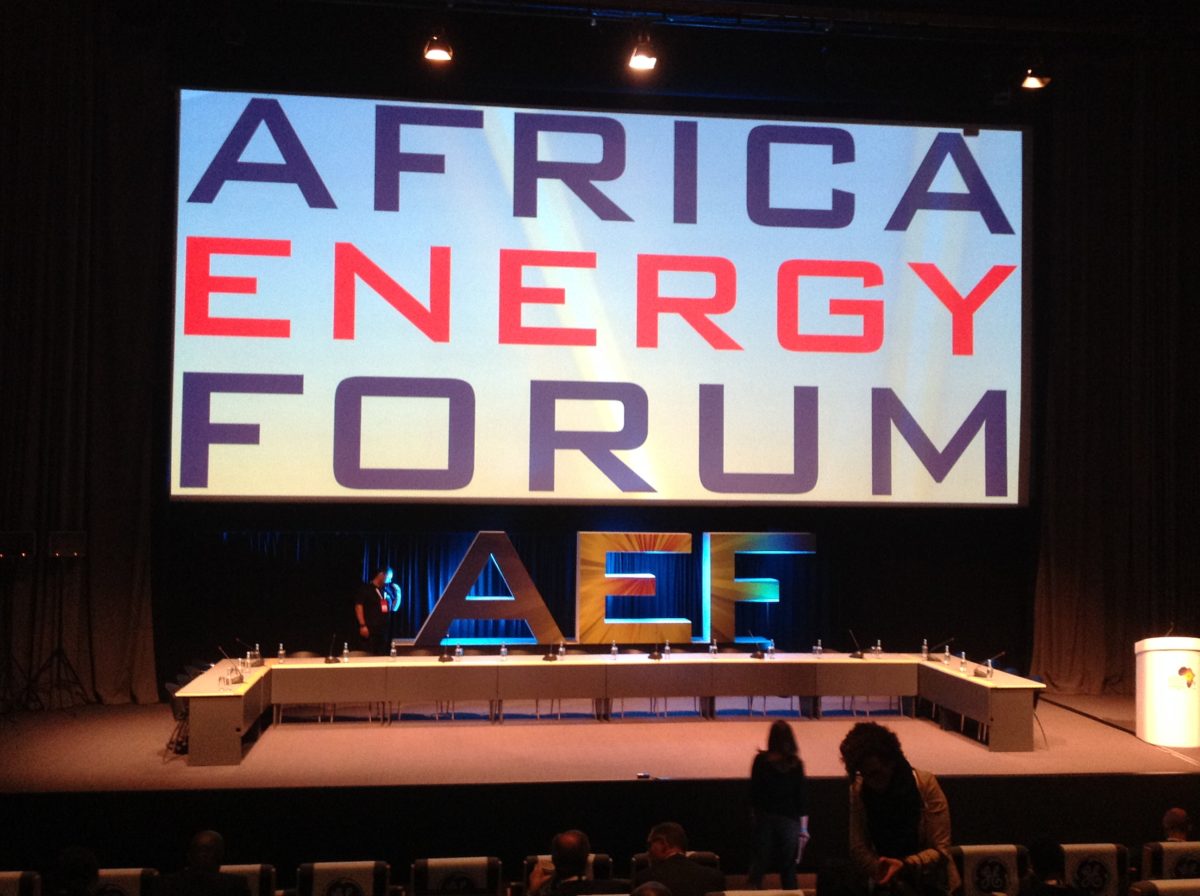Answering the question, Kyeh Kim, acting vice president of the department of compact operations at the Millennium Challenge Corporation (MCC), a U.S. foreign aid agency, said that the MCC is in favour of competitive tenders because they induce competition. However, Kim added, we see that some governments prefer working on direct deals because they are faster. So, we try to help governments to design transparent tender processes that proceed fast and efficiently. The key therefore, Kim argued, is transparent and not cumbersome tender processes.
On the other hand, Kim noted, negotiated deals can work as pilots for governments and investors to understand the sector and learn what is working and what is not. But eventually, yes, the MCC wants to see African states adopting competitive tenders so they get the best deals, Kim concluded.
Fast versus slow?
Marcus Williams, sector manager for energy and extractive industries at the World Bank's Multilateral Investment Guarantee Agency (MIGA), said that in principle Miga is also in favor of the competitive tenders. But tenders can really drag on for a long time and perhaps the most crucial debate that should concern us is the lower cost of a deal versus the best cost of having a deal, Williams remarked. What Williams meant is that the economic cost for a country when losing time to develop its energy sector is also big and should be taken into account.
But one should not be naive in thinking that direct deals are without problems. In fact, Petrus Maduna Ngobeni, of the department of energy in South Africa, told the Forum that firms often give the governments “a low bid to enter your door but later they reveal more costs and the deal becomes finally very expensive.”
This becomes worse when a government is not familiar with the details of the technology, and therefore does not question the project assumptions presented to them by the companies, added Williams.
From his part, Andrew Herscowitz, coordinator for Power Africa, an American presidential initiative aiming to stir power investment in Africa, pointed out that tenders help to reduce corruption linked with directly negotiated deals. Having said that though, Herscowitz added, people often tell me there are multiple rounds of opportunities for corruption in tenders too.
Scaling solar tenders
A question that was not addressed in the session is what happens when a company fails to win a tender. Given the firm has invested to prepare its bid and that an African market alone is not enough to sustain stable market growth, it is possible that investors may be discouraged.
Therefore, pv magazine asked Jamie Fergusson, principal investments manager at the International Finance Corporation (IFC), about it. Fergusson pointed out that the scaling solar program solves this problem because the IFC does all necessary work related to the tendering of the project.
For example, the IFC offers technical diligence (e.g project site investigation and legal analysis) and provides a template of balanced, bankable documents that assist investors. The IFC documents are fixed and not subject to negotiations with the bidders, while they also come with pre-approved financing.
We think that consistent tenders and bankable documentation will open up regional markets and this is why we are also looking to expand beyond Africa, applying the program to other developing countries too, said Fergusson.
This content is protected by copyright and may not be reused. If you want to cooperate with us and would like to reuse some of our content, please contact: editors@pv-magazine.com.



How exactly does corruption work with tenders? Possible, but very tricky, and the losing bidders will be alert to rigging. Given the endemic corruption in most developing (and some developed) countries, mulitilateral and private lenders should refuse to finance directly negotiated deals.